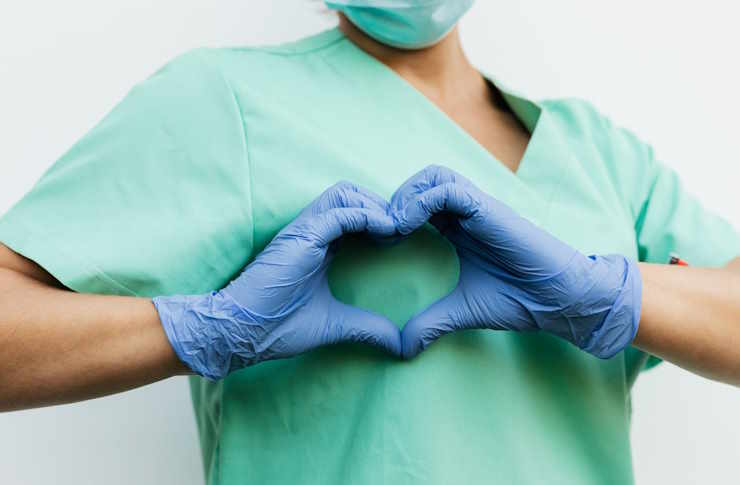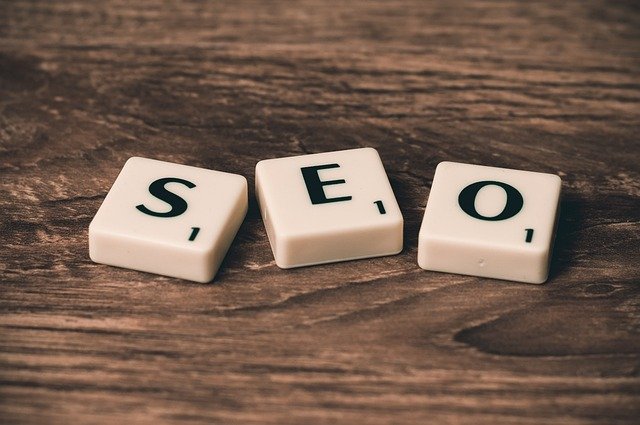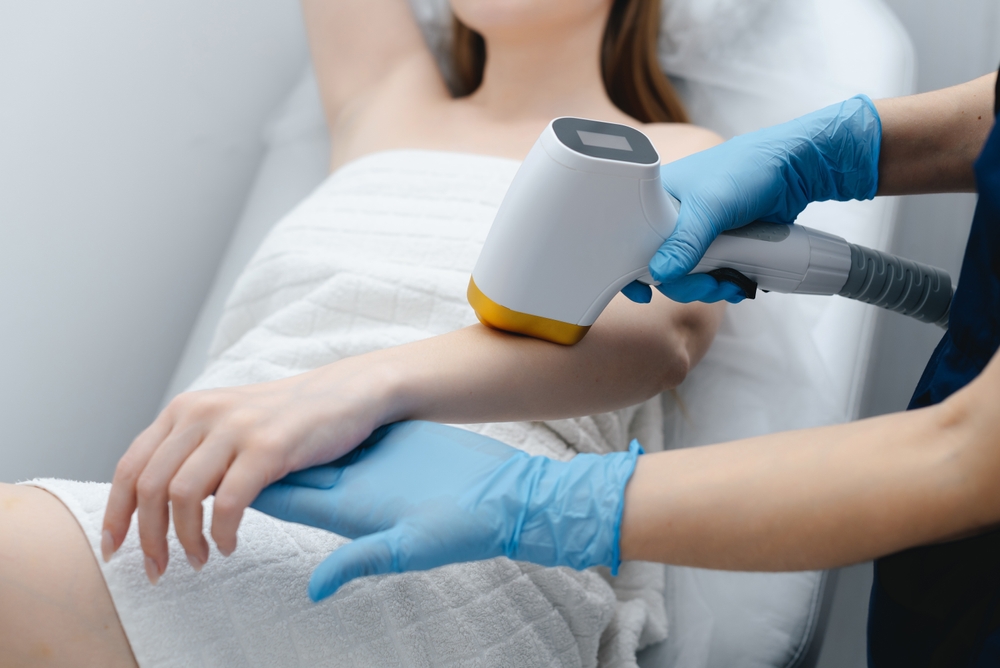Essential Contributors to Patient Care: The Comprehensive Role of Hospital Cleaners
Hospital cleaners play an indispensable role in maintaining hygiene and safety within healthcare facilities. Their responsibilities extend beyond basic cleaning tasks, contributing significantly to the overall well-being of patients and staff. This article delves into the complexities of hospital cleaner jobs, exploring recruitment processes, work conditions, and the path to becoming a hospital cleaner.

Why Hospital Cleaners Are Crucial to Healthcare
The importance of hospital cleaners extends far beyond aesthetic appearances. These professionals serve as the first line of defense against dangerous pathogens that can threaten vulnerable patients. Research has consistently shown that properly cleaned healthcare environments significantly reduce the risk of healthcare-associated infections (HAIs), which affect approximately 1 in 31 hospital patients according to CDC estimates.
Hospital cleaners help maintain stringent infection control standards by eliminating surface contaminants that could otherwise spread illness throughout a facility. Their work directly supports patient safety while allowing medical professionals to function in sterile environments. Additionally, hospital cleaners contribute to overall patient experience—clean, well-maintained spaces create a positive impression and promote healing.
During the COVID-19 pandemic, hospital cleaning staff emerged as essential frontline workers, adapting to enhanced protocols and increased cleaning frequencies to combat viral transmission. Their adaptability and dedication during this crisis further highlighted their indispensable role in healthcare delivery.
Core Responsibilities of Hospital Cleaners
Hospital cleaners perform specialized work that goes well beyond conventional cleaning approaches. Their core responsibilities typically include:
Terminal cleaning of patient rooms after discharge, which involves thorough disinfection of all surfaces, furniture, equipment and high-touch areas. This comprehensive cleaning process helps prevent cross-contamination between patients.
Daily maintenance cleaning of active patient rooms, nurses’ stations, and public areas using hospital-grade disinfectants and following specific protocols for different hospital zones. Areas are categorized by risk level, with operating rooms and intensive care units requiring the most rigorous cleaning standards.
Proper handling and disposal of medical waste according to strict regulatory guidelines. Hospital cleaners must understand biohazard protocols and follow precise procedures when dealing with potentially infectious materials.
Special cleaning procedures for isolation rooms where patients with highly contagious conditions receive care. This requires additional personal protective equipment and specialized disinfection techniques to prevent pathogen spread.
Many hospital cleaners also assist with equipment sterilization, laundry management, and emergency response cleaning after spills of bodily fluids or hazardous materials. The role demands technical knowledge of chemical disinfectants, awareness of cross-contamination risks, and adherence to regulatory compliance standards.
How to Become a Hospital Cleaner
The path to becoming a hospital cleaner typically requires less formal education than other healthcare roles, making it an accessible entry point into the healthcare industry. Most positions require a high school diploma or equivalent, though specific requirements vary by facility.
New hospital cleaners generally receive comprehensive on-the-job training covering infection control principles, chemical handling safety, bloodborne pathogen protocols, and proper cleaning techniques for different hospital zones. This training emphasizes the critical nature of thorough cleaning and the relationship between environmental hygiene and patient outcomes.
Certification programs can enhance job prospects for aspiring hospital cleaners. Organizations like the Association for the Healthcare Environment (AHE) offer credentials such as the Certified Healthcare Environmental Services Professional (CHESP) certification. While not always mandatory, these credentials demonstrate professional commitment and specialized knowledge.
Successful hospital cleaners possess several essential qualities: attention to detail, physical stamina, reliability, and the ability to follow precise protocols consistently. The role also requires comfort working around patients in various states of health and the emotional resilience to work in healthcare settings where serious illness and mortality are present.
Hospital Cleaner Compensation and Job Outlook
The compensation for hospital cleaners varies based on factors including geographic location, facility type, experience level, and shift assignments. Understanding the typical compensation ranges can help those considering this career path make informed decisions.
| Position Level | Average Hourly Rate | Annual Salary Range | Additional Benefits |
|---|---|---|---|
| Entry-Level | $12-15 | $25,000-$31,000 | Healthcare coverage, paid time off |
| Experienced | $15-19 | $31,000-$40,000 | Above benefits plus retirement plans |
| Supervisory | $18-25 | $38,000-$52,000 | Above benefits plus career advancement |
Prices, rates, or cost estimates mentioned in this article are based on the latest available information but may change over time. Independent research is advised before making financial decisions.
The job outlook for hospital cleaners remains strong, with employment expected to grow as healthcare facilities expand. Hospitals consistently need qualified environmental services personnel, and the increased focus on infection control following the COVID-19 pandemic has further solidified the importance of these roles. Additionally, hospital cleaning positions often offer stability, benefits packages, and opportunities for advancement into supervisory positions or specialized cleaning roles.
Challenges and Rewards of Hospital Cleaning
Hospital cleaners face distinct challenges, including exposure to potentially infectious materials, physically demanding work, and the emotional toll of working in environments where patients experience suffering. The role often requires working irregular hours including nights, weekends, and holidays to maintain round-the-clock facility cleanliness.
Despite these challenges, many hospital cleaners find significant meaning in their work. They develop pride in contributing directly to patient wellbeing and forming part of the healthcare team. The tangible results of their efforts—spotless environments that protect vulnerable patients—provide immediate satisfaction that many other occupations lack.
Hospital cleaning represents much more than a maintenance job; it constitutes critical healthcare work with direct impact on patient outcomes. For those seeking an essential healthcare role that combines technical skill with the satisfaction of making a real difference, hospital cleaning offers a meaningful career path with ongoing opportunities for professional growth.
This article is for informational purposes only and should not be considered medical advice. Please consult a qualified healthcare professional for personalized guidance and treatment.




